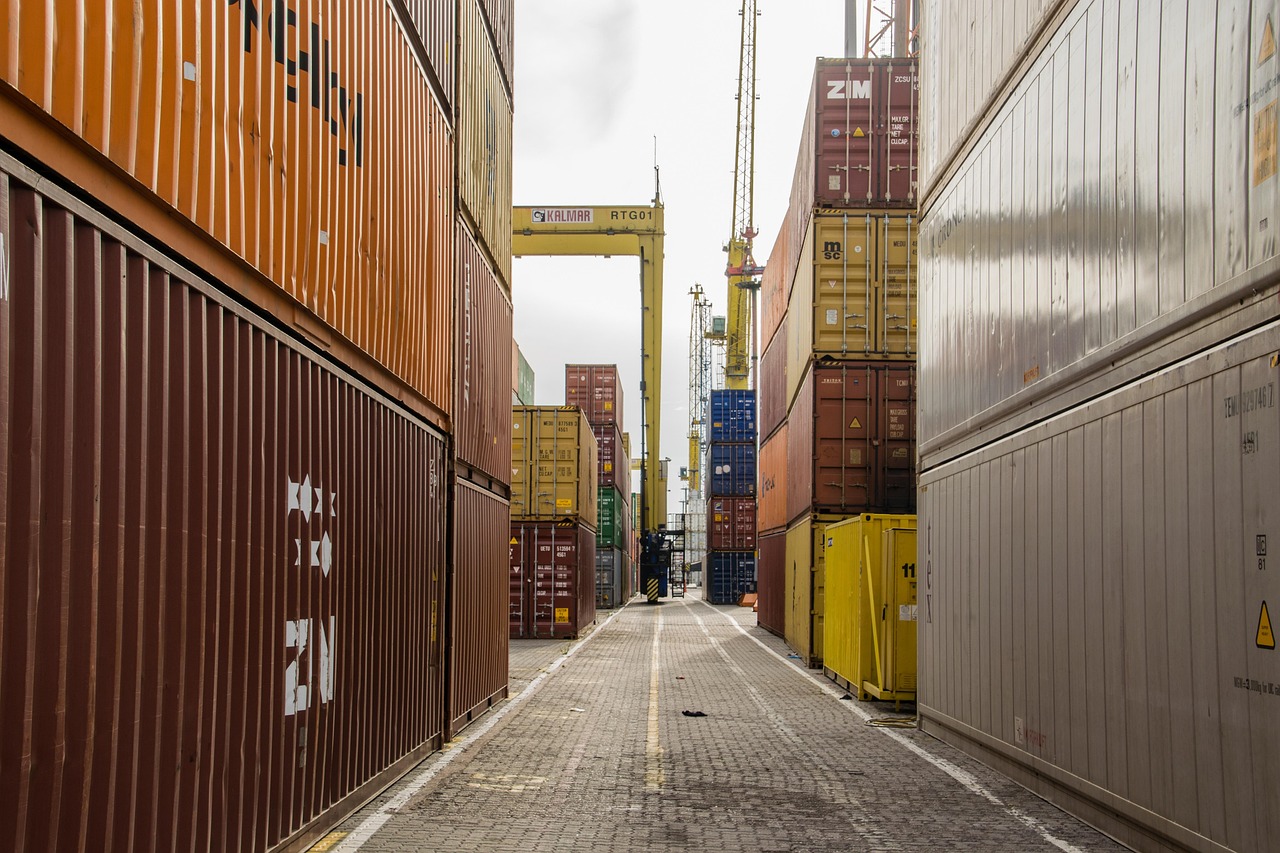
According to Zhongjin's understanding, the Federal Reserve is about to announce its latest interest rate decision early Thursday Beijing time. Due to concerns about greater inflationary pressure stemming from the Trump administration's tariff policies, the market widely believes that the Fed is unlikely to propose a rate cut.
Some players in the shipping industry are particularly concerned about inflation issues. Gene Seroka, Executive Director of the Port of Los Angeles in the United States, stated on Tuesday that the port was originally expecting 80 vessels in May, but 20% of them have been canceled, with customers also canceling 13 voyages scheduled for June.
Seroka warned that the port's cargo volume has dropped by about 35% compared to the same time last year, and currently, imports from China have decreased by over 50%. Retailers and importers have disclosed to him that the costs of these products have increased by around 2.5 times compared to the previous month.
He emphasized that the ships arriving at the port now are the first ones affected by the tariffs imposed by the White House, which is the direct cause of the decrease in the number of ships. Many importers are canceling orders because they are unwilling to pay high tariffs.
Ryan Peterson, CEO of the logistics and freight forwarding company Flexport, pointed out that container quantities have decreased by 60%, implying a 60% reduction in arrivals. The depletion of U.S. store inventories is just a matter of time, leading to shortages and subsequent price increases.
U.S. inflation decreased in March, dropping from 2.8% in February to 2.4%, partly due to a decline in gasoline prices. However, this lagging data cannot accurately reflect the current changes in the U.S. economy.
Mark Zandi, Chief Economist at Moody's, stated that consumers should take advantage of the low prices as they won't last long and will soon disappear.
The decrease in gasoline prices is partly due to seasonal adjustments and also because the slowdown in the U.S. economy has suppressed demand, coupled with OPEC+ agreeing to increase production leading to oversupply. However, Zandi emphasized that oil prices will not stay significantly low for an extended period, as it would lead to production cuts by oil producers due to thin profit margins.
The decrease in energy prices has also pushed down prices in the transportation industry, subsequently affecting other sectors. However, this downward trend in inflation is expected to be broken soon due to product shortages.
Data from the National Retail Federation indicates that U.S. imports are expected to decline by at least 20% in the second half of 2025. The drop in imports from China will be more pronounced, with JPMorgan Chase predicting a reduction of 75% to 80% in U.S. imports from China.
Peterson warned that if the trade dispute continues for several weeks, retailers will deplete their inventories, leading to product shortages and empty shelves in the U.S. by summer.
Economist Daniel Vielhaber from Nationwide pointed out that businesses ordered goods in advance in the first quarter to prepare for the U.S. National Day on April 2. However, with the implementation of new tariffs, he expects inflation to rise further, posing greater obstacles to the already slowing consumer activity and economic growth.
